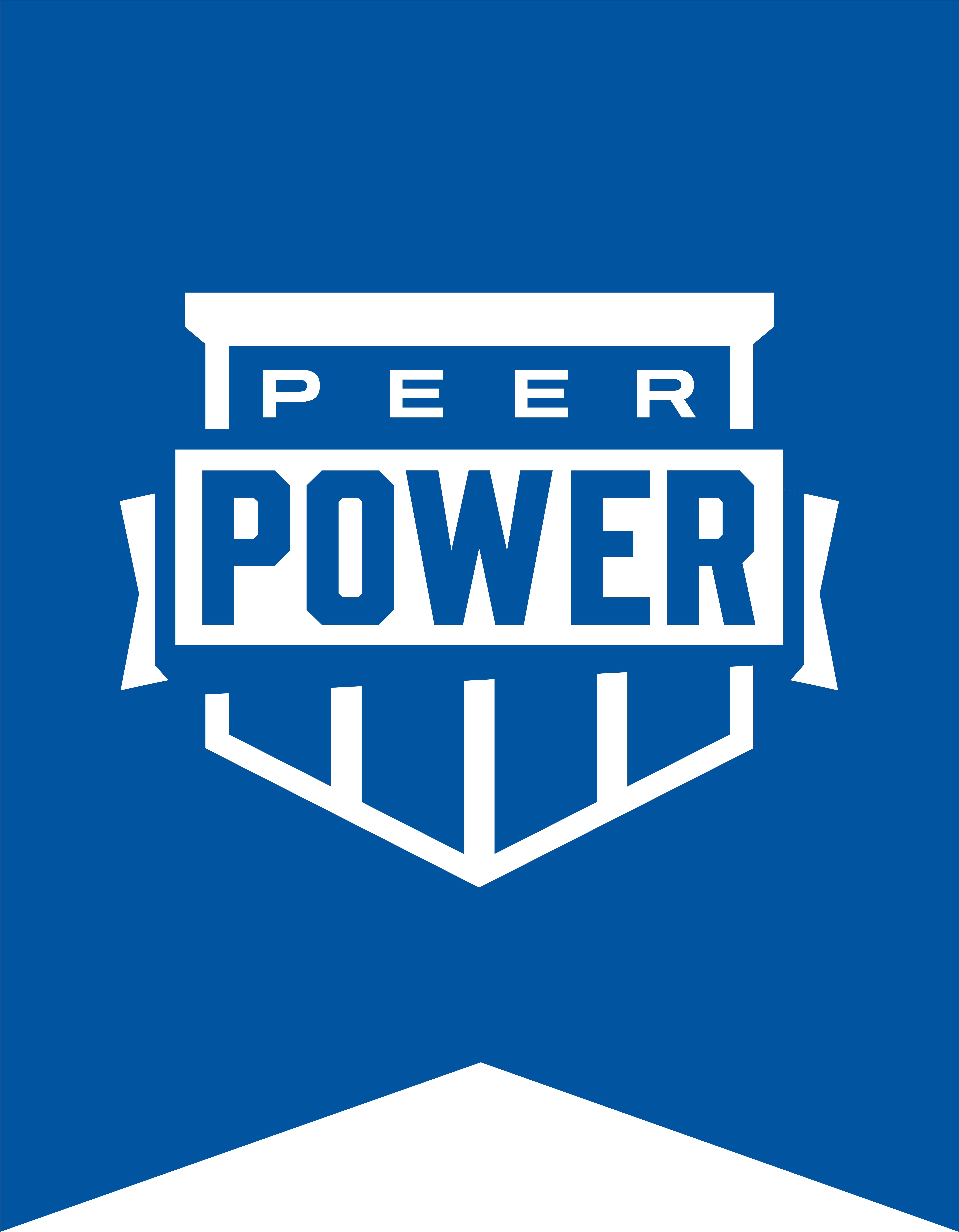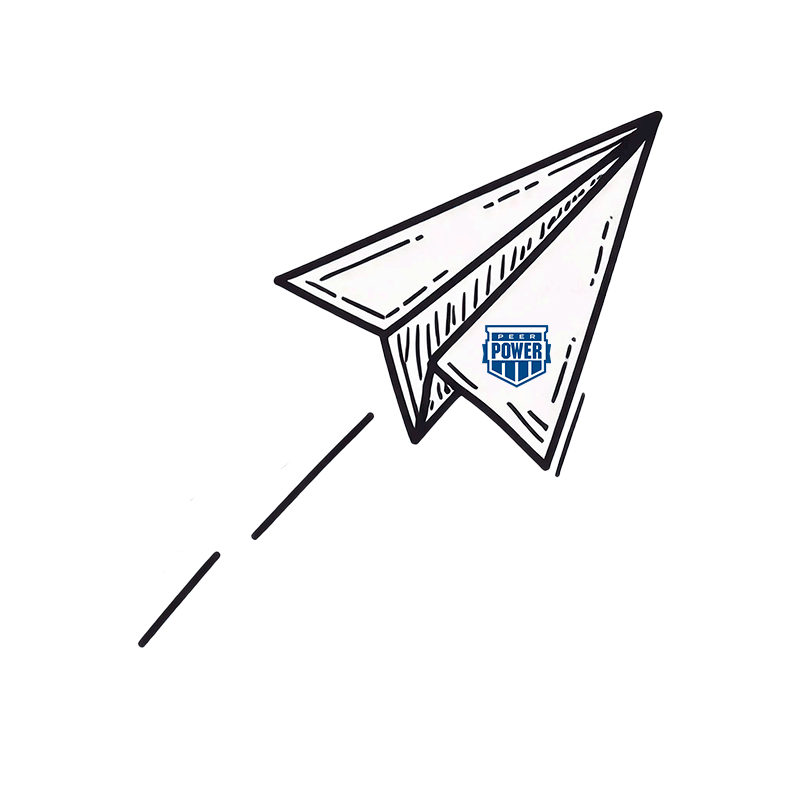I was on a normal Peer Power video shoot with one of my young interns a few months ago to interview a mix of adults and high schoolers about our Earn & Learn Summer Program. As a real jack-of-all-trades, my intern had been in training for a myriad of skills: singing, dancing, acting, and (most important to this blog) news reporting. And so, as we were on our way to the interview location, she eagerly asked me, “Do you know what questions you’re gonna ask everyone?” I said, “Nope.” And I kept walking. As she stood there watching me go by with her head tilted and a perplexed expression on her face, I can only imagine what was going through her mind: “He’s just messing with me, right?” “Is he serious?” “We’ve been planning this for weeks, there’s no way he’d show up so nonchalantly unprepared…right?”
We stepped into our interview spot, set up all the gear, and we were face-to-face with all 6 of our interview subjects seemingly ill-equipped to have an insightful conversation with them. It’s lights, camera, action, and suddenly, to my intern’s intrigue, I have a dozen questions for each of them flowing from point to point like I had the whole conversation planned out from the start. A week later, I’d explain to her that while I did not walk into those interviews with a whole list of questions to explore, I did come to each of those conversations with my purpose for asking questions in the first place.
And that’s the whole point of this blog. Throughout my career in news, marketing, and documentary film, people at each stage have asked me how I come up with interview questions. I believe all your questions as an interviewer ultimately come from your goals mixed with natural curiosity. For example, I’ll use the Earn & Learn interviews with my intern again.
The teens we talked to were all theater and film interns for a production company through their participation in Peer Power’s program. My goal was to have each of them express how their internship positively impacted their lives, and how beneficial Peer Power was for establishing that impact. I also knew that I needed them to give me some basic background info on who they are and what the program is so that anyone with no clue of what Peer Power is gets the context they need to understand the interview. With those goals in mind, here are 5 questions I can come up with right off the top of my head:
- Can you describe what your internship is, and what you’ve learned so far?
- How did you get involved with this internship in the first place?
- What’s been your favorite part of the internship so far?
- How has this internship impacted you and helped you grow as a performer and a person?
- As the organization that made this internship possible, what do you think about Peer Power, and what it’s done for you and kids like you?
These questions would form the base of the conversation while soliciting answers that meet my goals in a chronological fashion that would work for a video story. Let me explain.
Question #1 solicits general information about the internship as a whole and what the high schooler is learning, putting the audience in the middle of the scene and giving them enough context to keep up with the rest of the answers
Question #2 gives us the “beginning” of the story with how they got involved with the internship. And since they got involved through Peer Power, it’s a way for us to plant early that Peer Power is behind this whole positive learning experience.
Question #3 lets our subject show some personality and may give us some fun or unique statements to use or enlighten us more on the quality of their internship.
Question #4 gives us the real meat and potatoes behind why this internship is important in the first place and how it really has impacted each intern. It also may give us an “ending” to the journey as the high schooler tells us how they’ve grown and changed after we’ve already heard how things got started.
Question #5 gives us some final positive statements about Peer Power from the mouths of the students we serve and may give us a call to action for parents, schools, or other students to be involved; we are marketing the organization after all. As they answer each question, they may say some unique or unexpected things that prompt more in-depth or personalized questions as we talk. Suddenly, we’re having a real conversation.
And there, you have it: The Art of Asking Questions. More or less, it’s just about having a clear purpose for your conversation and keeping a curious ear out for statements that might make that purpose even clearer.
DISCLAIMER: A big part of interviews is still doing the research on your subject, event, and/or cause you represent, and making sure to cater your questions to those specific things. If you think you can just walk into any situation without prior knowledge or curiosity about what you’re asking about, you’re usually setting yourself up for failure, shallow answers, or a really awkward conversation. The biggest reason I’m able to frequently walk into Peer Power interviews without predetermined questions is that I know the organization, I often know the people I’m talking to, my goal exact goal for Peer Power marketing interviews rarely changes, and even when I walk into something I’m that I’m completely ignorant about, my goal is almost always to find out what that “something” is. There are still plenty of times that I have to do research or get some background info myself on a person or a subject before I can ask a single thing. Plus, sometimes people just like for you to send them a list of questions ahead of time, and well…it’s always good to be prepared.


